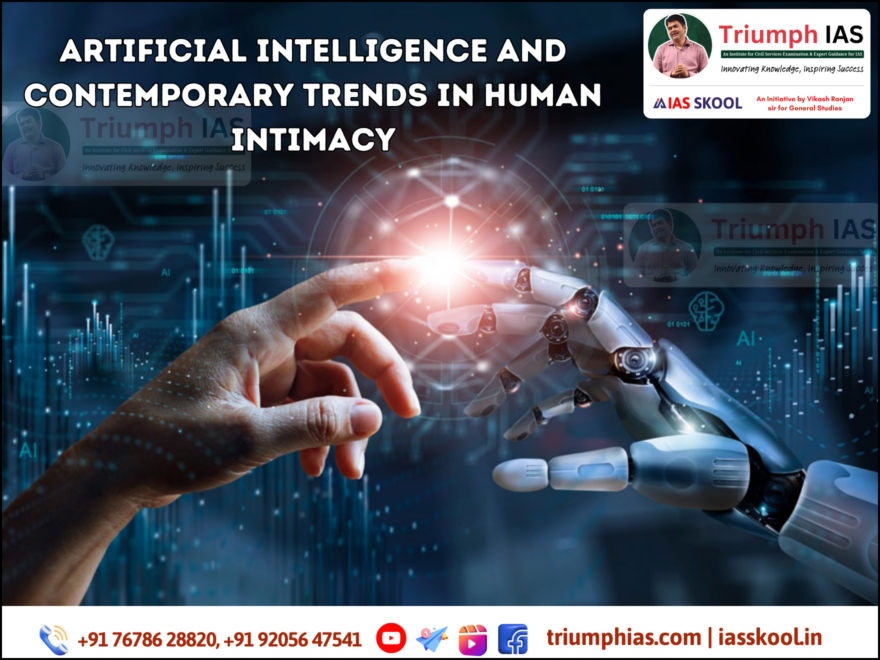Artificial Intelligence and Contemporary Trends in Human Intimacy: Ethical and Societal Challenges
Artificial Intelligence is rapidly redefining the boundaries of human intimacy. With the merging of deepfake AI, emotional AI, and robotics, our traditional understanding of sexuality, consent, and connection is being challenged and reshaped. In January 2024, AI-generated explicit images of pop icon Taylor Swift went viral, exposing the risks of deepfake pornography. Platforms struggled to contain the content, with Twitter even suspending search functions for her name. The incident highlighted how AI can be misused to breach privacy and consent.
The Rise of Humanoid CompanionsElon Musk’s announcement of humanoid robots via Tesla and xAI intensified interest in AI-driven intimacy. Companies like RealDoll X now offer customizable robotic companions designed for both emotional and sexual interaction, bringing AI intimacy into the physical world. The Deepfake Dilemma: Consent Under ThreatDeepfake pornography surged by 464% between 2022 and 2023, creating serious legal and ethical concerns. Most jurisdictions lack laws protecting digital likenesses, with only three U.S. states having comprehensive legislation in place. Individuals are left vulnerable to exploitation. Artificial Intelligence Companions and Emotional Bonding: Digital Relationships on the RiseCompanies like Replika and Xiaoice are leading the development of AI companions capable of forming emotional and romantic bonds with users. These entities are powered by advanced machine learning and natural language processing. According to Pew Research (2023), 15% of U.S. adults have interacted with AI, with usage jumping to 27% among 18–29-year-olds. Many users report developing deep emotional attachments to their AI companions. Mental Health Implications: Emotional Risks of AI IntimacyA 2024 study in the Journal of Behavioral Addictions reported the following:
Mental health professionals are increasingly concerned about AI replacing human connection rather than complementing it. Gen Z, Dating, and the Digital DilemmaA 2024 report by Hinge revealed that 90% of Gen Z users want love but fear rejection. Additionally, 82% report feeling lonely despite craving in-person connections. This has made predictable, low-risk AI companions attractive alternatives to traditional dating. Beyond Companionship: The Tech-Driven Future of SexAI is transforming intimacy through:
Notable trends include:
Ethical and Societal Challenges: Key Questions and Risks
Navigating the Future Responsibly: Balancing Innovation and HumanityWhile AI has the potential to reduce loneliness and offer safe spaces for exploration, it must be used responsibly. Addressing its impact requires collaboration between:
Conclusion: The Road AheadWe are on the verge of a new sexual revolution powered by AI. Whether these technologies enhance or erode human intimacy depends on the frameworks and values we build today. The choices we make now will shape how future generations understand love, pleasure, and connection. |


One comment